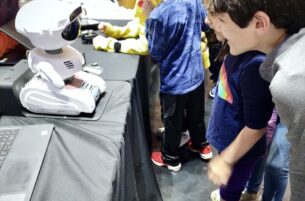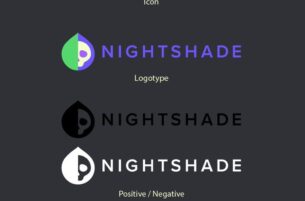Modern machine learning techniques have ushered in a new era of computing. Instead of following an explicitly provided set of instructions, computers can now learn from data and subsequently make predictions. Recent approaches have unlocked new capabilities across an expanse of applications, including computer graphics, computer vision, natural language processing, recommendation engines, speech recognition, and models for understanding complex biological, physical, and computational systems.
UChicago CS studies all levels of machine learning and artificial intelligence, from theoretical foundations to applications in climate, data analysis, graphics, healthcare, networks, security, social sciences, and interdisciplinary scientific discovery. Researchers explore the next generation of learning methods, including machine teaching, human-centered AI, and applications in language, image processing, and scientific discovery. With colleagues across the UChicago campus, the department also examines the considerable societal impacts and ethical questions of AI and machine learning, to ensure that the potential benefits of these approaches are not outweighed by their risks.
The below highlights AI and Machine Learning labs and groups centered in the Department of Computer Science. For campus-wide machine learning efforts, please see this page.
Labs & Groups
Machine Learning Group
SAND (Security, Algorithms, Networking and Data) Lab
3DL
Network Operations and Internet Security (NOISE) Lab
Chicago Human + AI (CHAI) Lab
Strategic IntelliGence for Machine Agents (SIGMA) Lab
AI & Me (AIM) Group
News & Events

“Machine Learning Foundations Accelerate Innovation and Promote Trustworthiness” by Rebecca Willett

UChicago Computer Scientists Bring in Generative Neural Networks to Stop Real-Time Video From Lagging

Computer Science Displays Catch Attention at MSI’s Annual Robot Block Party

UChicago, Stanford Researchers Explore How Robots and Computers Can Help Strangers Have Meaningful In-Person Conversations

New EAGER Grant to Asst. Prof. Eric Jonas Will Explore ML for Quantum Spectrometry

UChicago Scientists Develop New Tool to Protect Artists from AI Mimicry

Professors Rebecca Willett and Ben Zhao Discuss the Future of AI on Public Radio


































